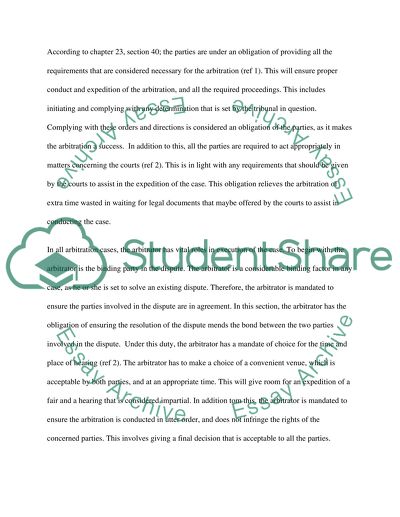Cite this document
(“Arbitration Law UK Essay Example | Topics and Well Written Essays - 1500 words”, n.d.)
Retrieved from https://studentshare.org/law/1456399-arbitration-law-uk
Retrieved from https://studentshare.org/law/1456399-arbitration-law-uk
(Arbitration Law UK Essay Example | Topics and Well Written Essays - 1500 Words)
https://studentshare.org/law/1456399-arbitration-law-uk.
https://studentshare.org/law/1456399-arbitration-law-uk.
“Arbitration Law UK Essay Example | Topics and Well Written Essays - 1500 Words”, n.d. https://studentshare.org/law/1456399-arbitration-law-uk.


